Registered Nonprofit
Association for the Support
of Children and Needy
People Around the World
Unterstützung
Republic of Kosovo
Sat 17.10.2015 - 9:45pm
Exploratory tour to the Republic of Kosovo
On October 15, we fly from Munich via Ljubljana to Pristina. The Republic of Kosovo with its capital Pristina was part of the former Yugoslavia and has been marked in recent history by the Kosovo war. To date there are still KFOR troops stationed, among them also soldiers of the German Bundeswehr.
Our first impressions after arriving in Pristina are characterized by very friendly and helpful people, and the streets of the capital reflect the young average age of this new state.
Many families are better off as they have family members working abroad and sending them money. This also explains the many unfinished construction sites. Approximately 400,000 Kosovars are living abroad and return only occasionally home to bring support to their relatives. Everywhere people express their hope for a better future with more jobs. Many want to work, but the industry is presently still missing. Given the circumstances under which a lot of people here live in ramshackle dwellings with poor sanitary conditions and bad nutrition, they can only hope for a speedy change.
There is still much to do for this young country…
The next day, Frank and Alexandra drive by bus from Pristina to Peja or Pec (Albanian, resp. Serbian spelling). This town is located ten kilometers east of the border with Montenegro and about as far northeast of the border to Albania (see Wikipedia). In the hospital in Bayreuth/Germany Michael had established the contact to his doctor colleagues Milot and Besa, who is from Peja. In Peja Alexandra and Frank meet Leart, Besa‘s brother and his friends Edon, Arian, Don and Orgest. On Friday and Saturday they visit together families who have to live under very difficult conditions.
On Monday they return by bus to Pristina, where Frank and Alexandra continue working with Vjosa, a fellow student of Milot and Leart ...
All families willingly show their homes without hesitating when Alexandra asks about the basics: "Where can you cook? Where do you get your water from? Where is the toilet?" And further: "How much money has the family available? Do you get social assistance from the state? What is currently your biggest problem? " The answers differ only slightly. The earnings of a man who is making money for his family partly with waste and metal collecting and sorting, sometimes with odd jobs in construction sites range from 2 to 5 euros a day. In winter there is often no work. Quite a few parents have up to 8 children. The social assistance payment, which some of them get, is 40.00 euros per adult, the pension amount is 75.00 euros per month. Many women we meet are young widowed or divorced. In many cases the husbands have died of cancer or other diseases. Due to their origin Roma have still more difficult starting conditions. Even if they urgently want to work and are hard-working they often get no job.
The apartments and huts, which we see, are almost all in very poor condition. Many roofs are leaking, several houses in acute danger of collapsing. Windows and doors are not closing properly, often the window openings are only scantily closed with a foil. The roofs of the houses are all not insulated. In several apartments the floor is soaking wet and mold grows on the walls. Even if there is always a furnace, often self-made, combustible material is lacking therefore, garbage is being burnt ...
The answer to our question about the biggest problem is always “We have not enough to eat", “no job", "broken home / broken roof " and "too little firewood".On the way we see children carrying big bags of garbage. One child pulls a bottle of Fanta, which is still half full, from the dirty bag and drinks the contents. Another child pulls a package of cookies from a dustbin near a road and looks to see if there is still something left in it.In addition to other necessary, but individual measures, we buy large food packages for families. Staple food such as rice, beans, 25 kilograms bags of flour, cooking oil, salt and sugar is purchased. In addition soap, a packet of washing powder and shampoo. Furthermore milk for some babies and medicines that are urgently needed.There is everywhere great joy and people thank us very warmly.
We are particularly pleased that the hand-knitted caps from Germany are received with great enthusiasm. All are eager to get a "Kapuç" which means "cap". After the distribution of the warm headgear the children are laughing and jumping which is a pleasure to see. Enthusiastically they pose in front of the camera and curiously look at the photos on the small screen, as Alexandra shows them the recordings.At this point we would like to mention that we are impressed and very happy about the fact that many families get repeated, partly regular support from their compatriots. At many places clothes and other necessary things have been donated by neighbors and helpful fellows. In this context, Edon, Leart, Arian, Don and Orgest from Peja tell us that they, i.e. a group of 30 young people, are monthly distributing food packages to several selected families. They collect the money for this purpose in their Muslim community.
During these five days FriendCircle WorldHelp could visit and support more than 47 large families with food packages, including many widows with several children. Additionally, two small trucks of firewood for heating were distributed. A wood stove for a family that lives in a wet, draughty room was received with special joy.
Kosovo is in a land-locked position, in the center of the Balkan Peninsula. It is bordered on the southwest by Albania, in the northwest by Montenegro, in the north and east by Serbia and Central Serbia and in the southeast by Macedonia. Tectonically the plain regions of Kosovo Polje and Metohija are entirely surrounded by mountains. The mountain ranges of the Prokletije borders Kosovo to Montenegro and Albania, the Kopaonik to Serbia and the Sar Mountain to Macedonia.
With 10,887 km² Kosovo is the smallest country in South East Europe with about two-thirds of the area of Thuringia, and is with 195 inhabitants per square kilometer comparatively highly populated. 53% of the area is used for agriculture, 42% are woodland and 5% are cultivated or urban area.
The recent history is marked by the Kosovo war in 1999 and its consequences. The international legal status of the land is disputed. On February 17, 2008, the parliament proclaimed the independence of the territory. 110 of the 193 Member States of the United Nations recognize the Republic of Kosovo to be independent.
(Source: Wikipedia)
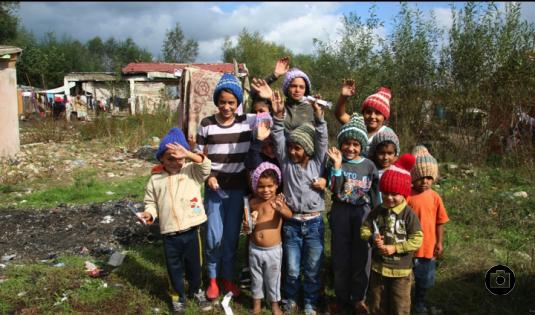

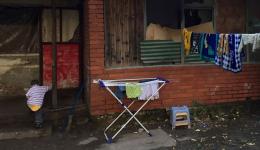
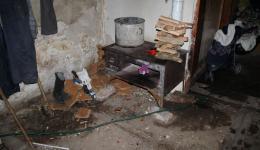
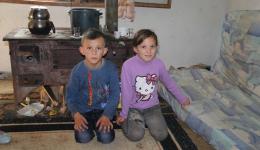
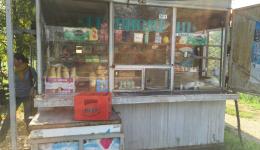
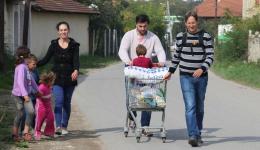
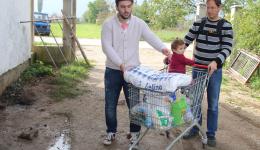
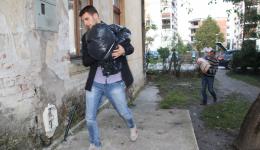
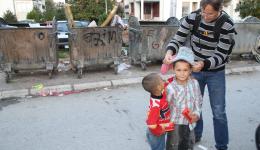
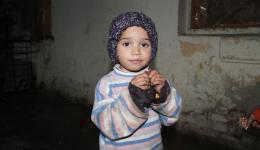
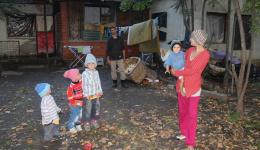
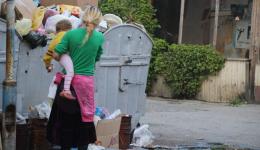
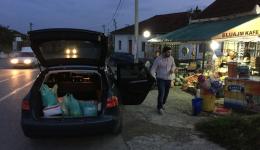
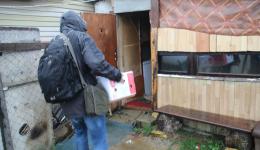
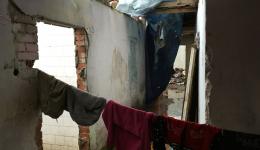
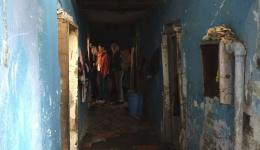
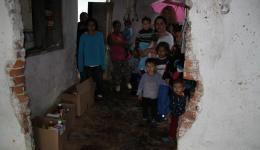
Comments(0)
Add new comment